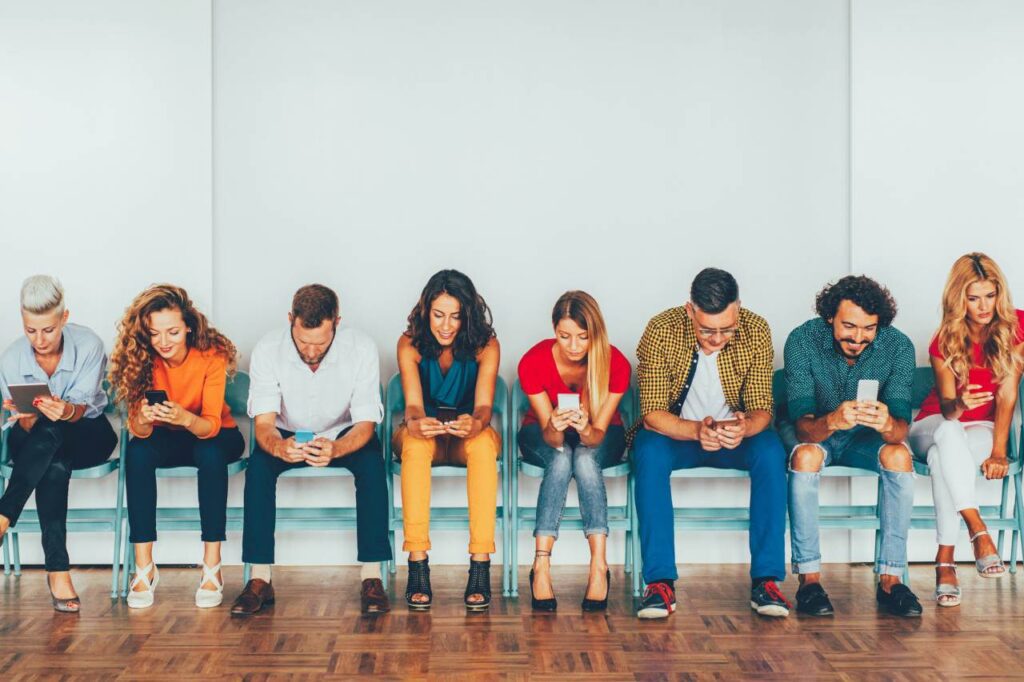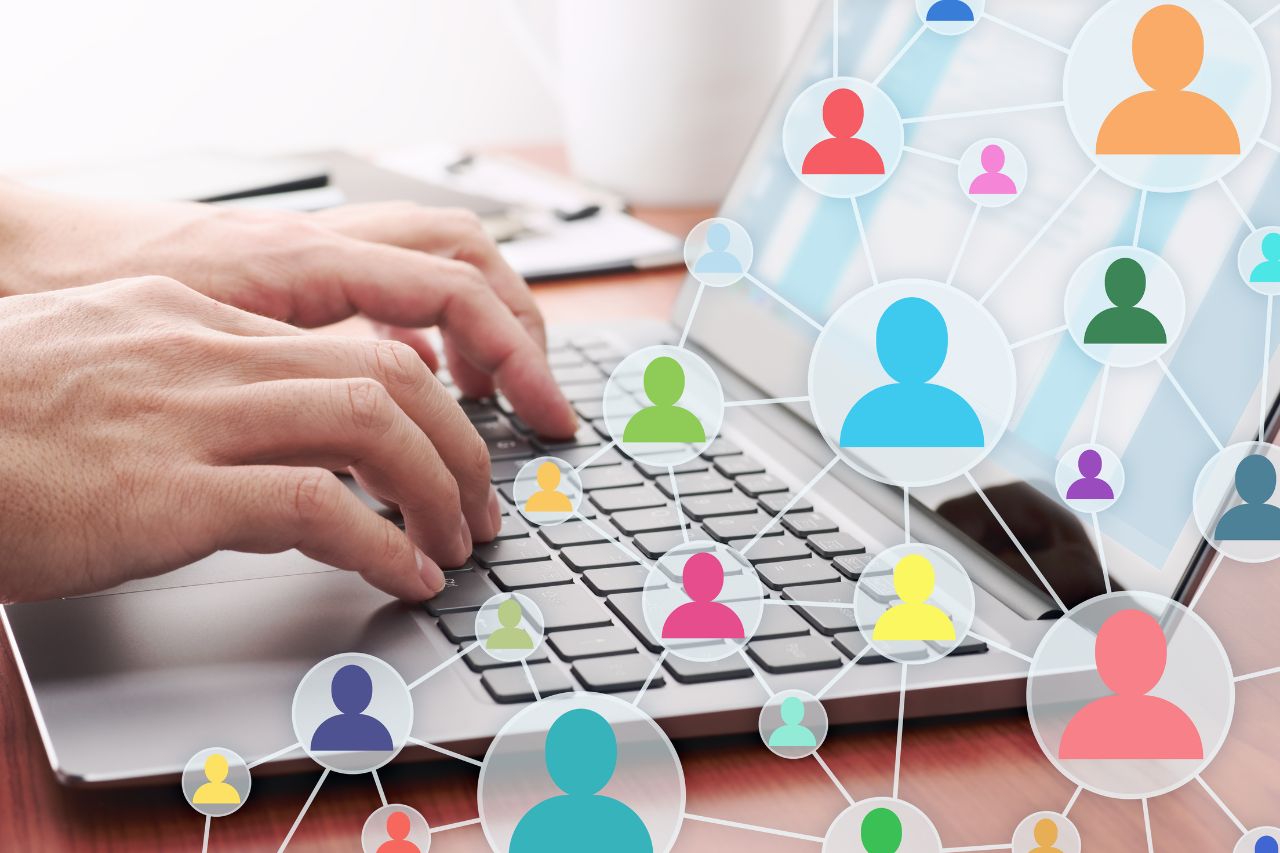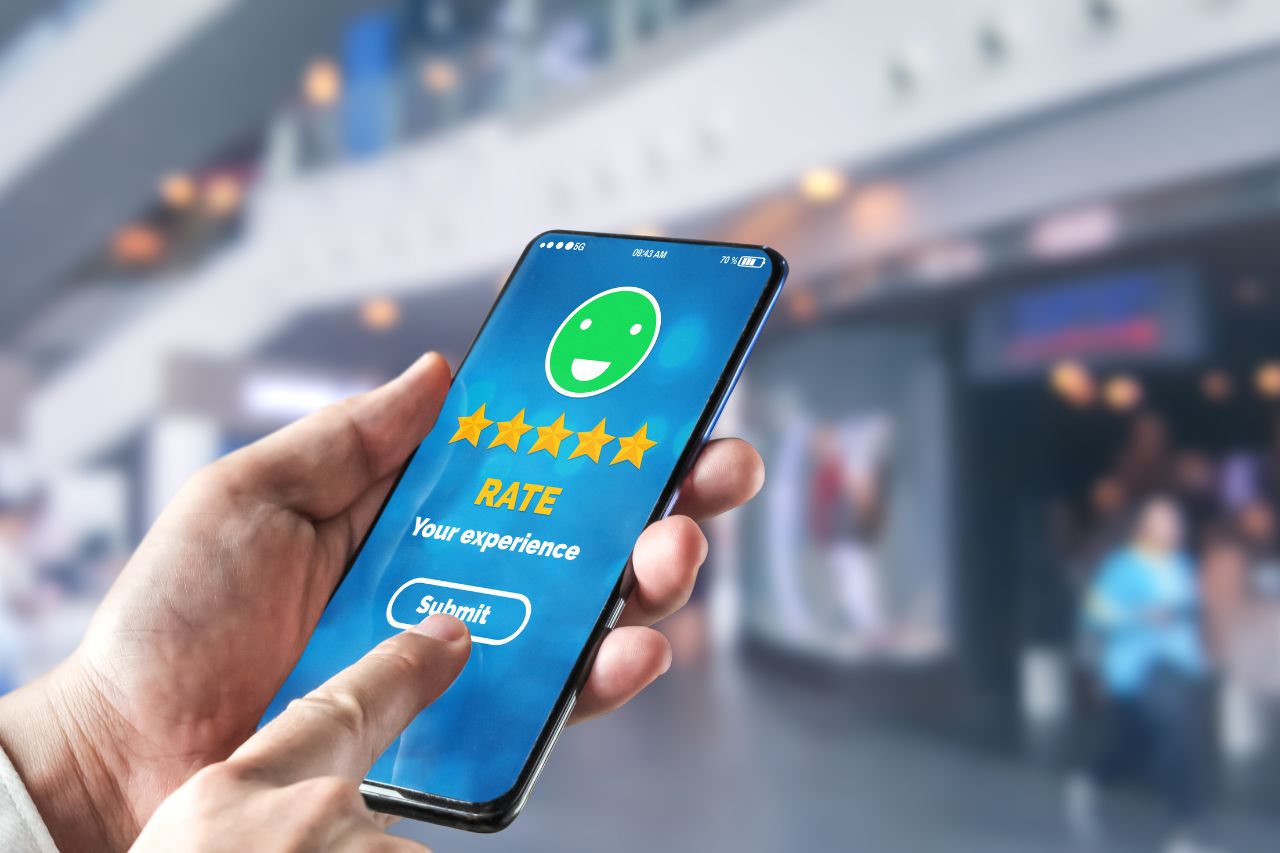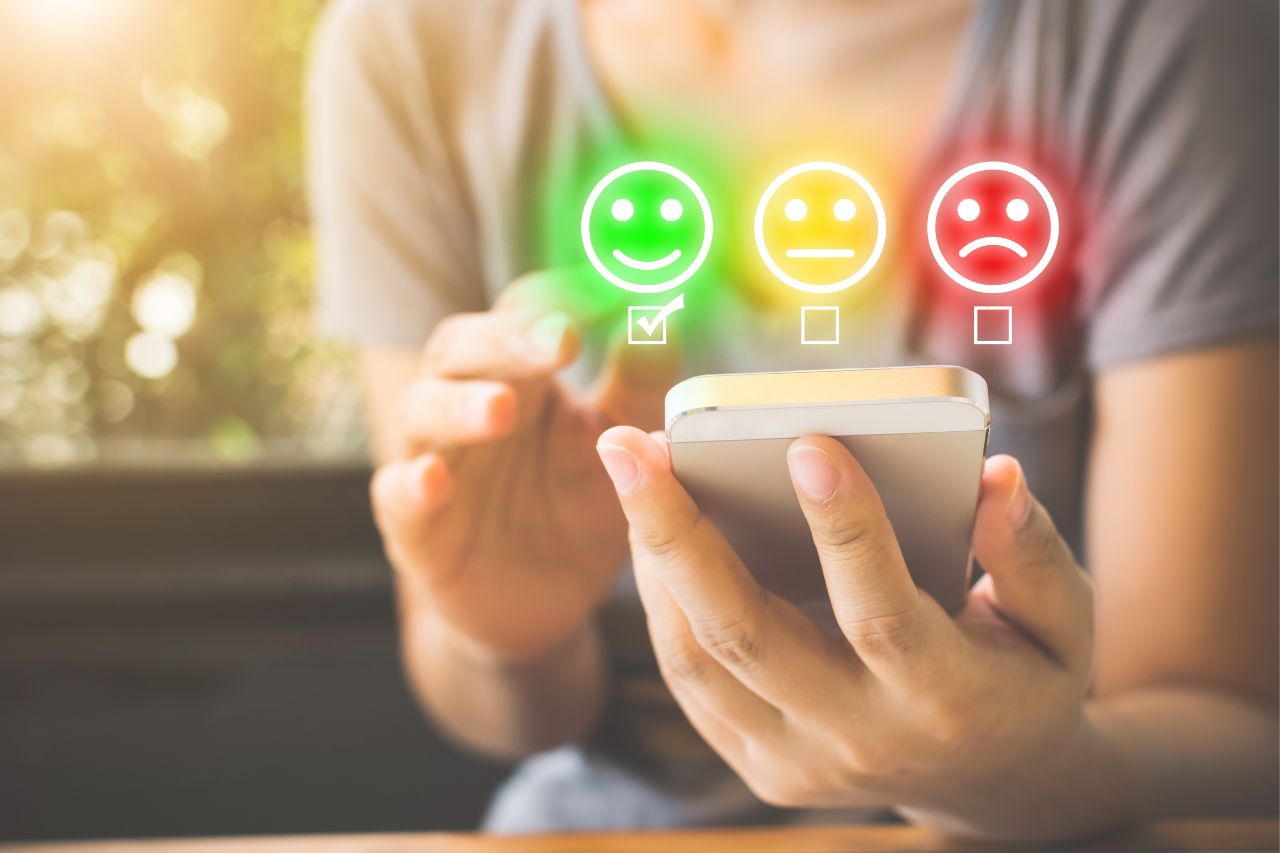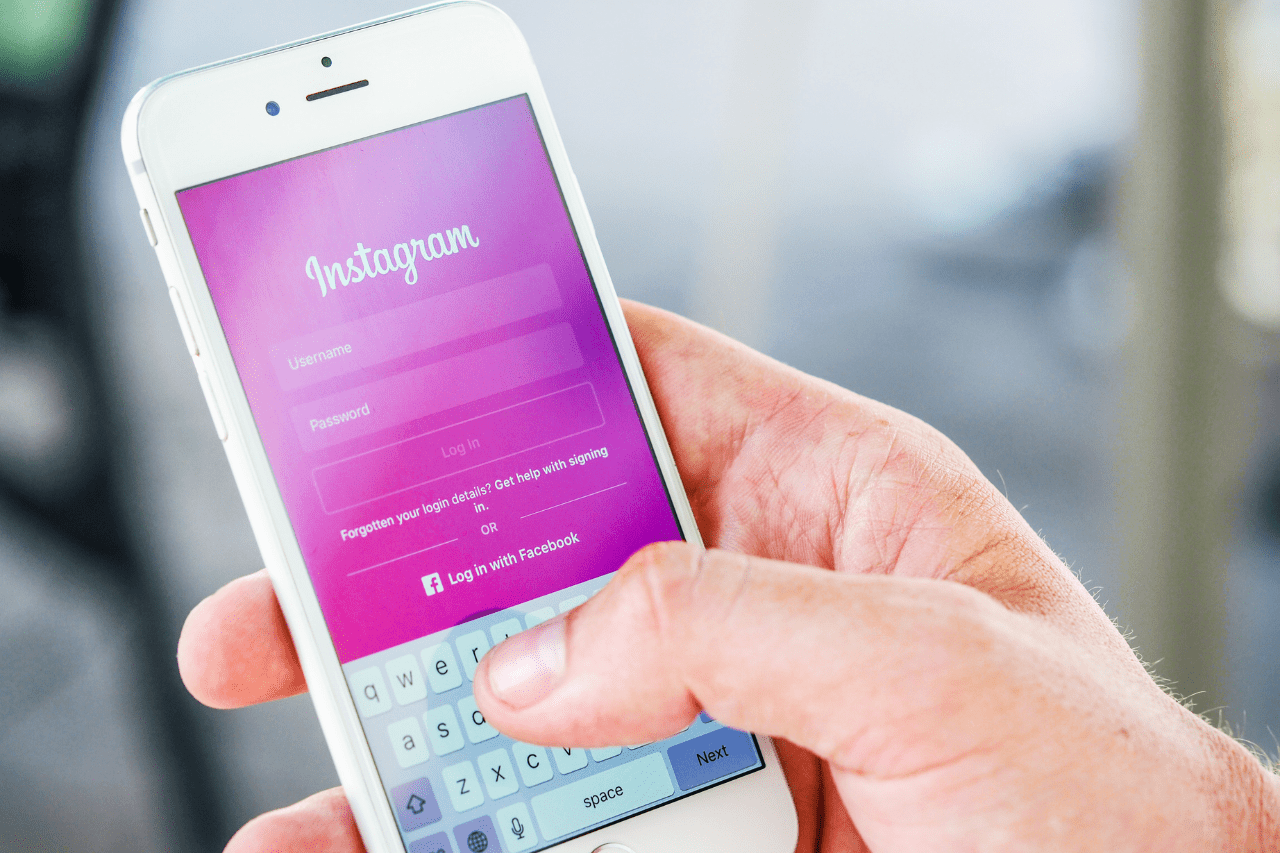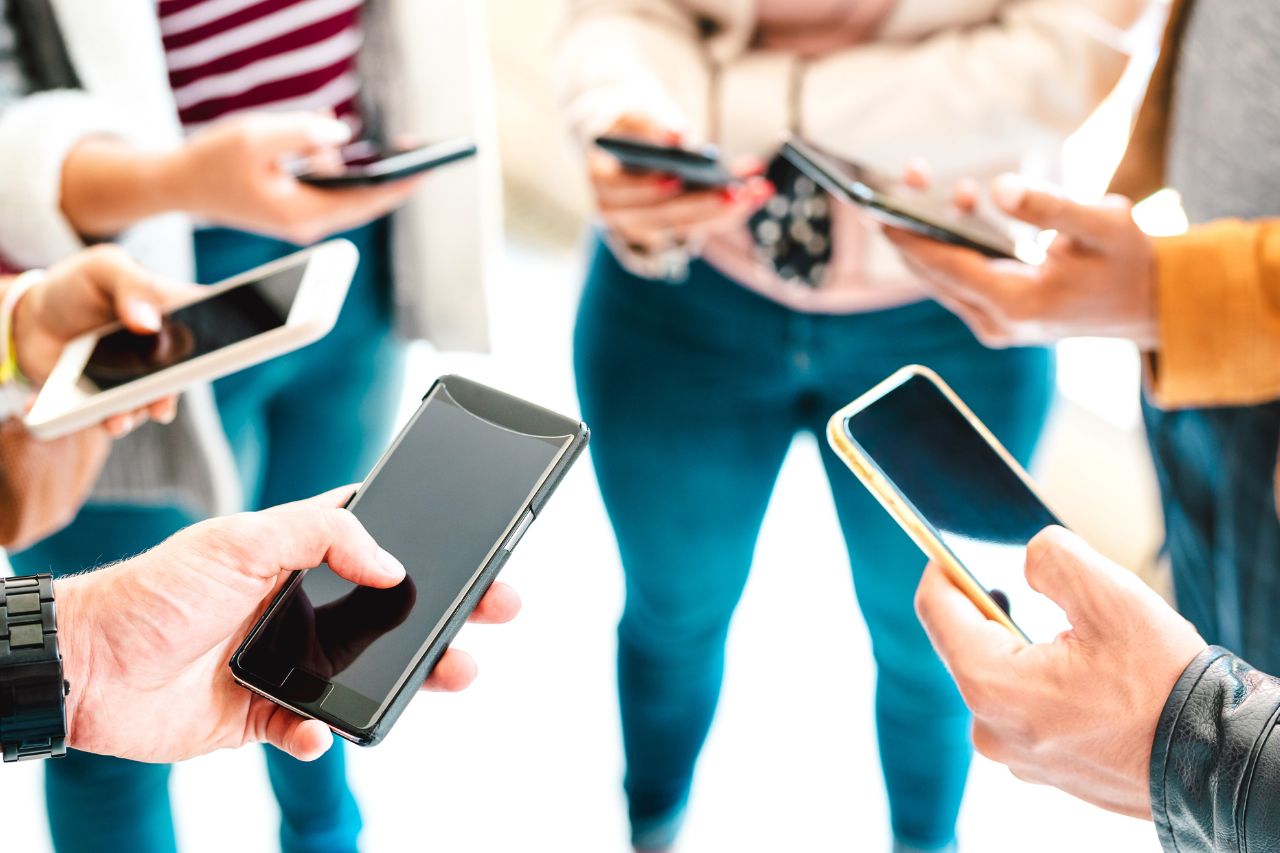Facebook, Instagram, Twitter, YouTube, and LinkedIn are among the many social media platforms where billions of people connect, share, and engage every single day. In this digital age, understanding the psychology of social media users is paramount for businesses and individuals alike. Let’s explore the captivating world of social media behavior to uncover what drives us in this virtual landscape.
The Psychology of Social Media Users
Social media is a big part of our lives today, changing the way we connect and see the world. It looks into why people are drawn to these platforms, mainly for the feeling of being liked and accepted through reactions on their posts. The fear of missing out, or FOMO,keeps people glued to their screens, worrying they’ll miss something exciting.
This often leads to comparing themselves to the perfect images others post, which can make them feel less happy. Also, the quick likes and notifications can be addicting, similar to a reward. It’s important for everyone to remember to spend time with people face-to-face and not just online.
The Need for Instant Gratification
Today’s social media world thrives on quick rewards. It’s the desire for immediate rewards that drives people to constantly check their feeds, seeking likes and comments to validate their posts.
The need for instant gratification is fueled by the dopamine rush we get from receiving notifications or seeing our posts go viral. This constant need for validation can lead to addictive behaviors, as users seek out more engagement to satisfy their craving for approval.
As a result, users can get caught in a loop, always searching for more approval. Social media sites use features that feed this habit, keeping us coming back. It’s important to notice this trend and work towards a more balanced use of social media.
Fear of Missing Out (FOMO)
Have you ever scrolled through your social media feed and felt a pang of envy seeing your friends having fun without you? That’s the Fear of Missing Out (FOMO) creeping in. It’s that nagging feeling that everyone else is living their best life while you’re missing out on all the excitement.
Psychology of Social media platforms like Facebook, Instagram, Twitter, YouTube, and LinkedIn are designed to showcase the highlight reels of people’s lives. The constant stream of updates can lead to feelings of inadequacy or anxiety about not measuring up to others. This fear can drive compulsive checking for new notifications or updates, fueling a cycle of seeking validation through likes and comments.
It’s important to remember that what we see online is often just a carefully crafted image. Real life is messy, imperfect, and full of ups and downs – things that don’t always make it onto our social media feeds. So next time FOMO strikes, take a step back, breathe, and remind yourself that it’s okay to disconnect from the virtual world sometimes.
Comparison and the Rise of Insecurities
In today’s digital world, the psychology of social media platforms, is to attract people by showing them images and stories of people living seemingly perfect lives, leading to widespread comparison and feelings of inadequacy.
This environment, amplified by the presence of influencers, can make it easy to doubt our own worth and achievements as we measure them against the curated highlight reels we see online. It’s important to keep in mind that real life is not always perfect and to use social media in a way that doesn’t make us feel bad about ourselves. Focusing on being real rather than perfect can help us feel better about our own lives.
Effects on Mental Health
Social media platforms have undeniably impacted mental health in various ways.
Anxiety and Depression
Spending too much time on social media can lead to increased feelings of anxiety and depression.
Low Self-esteem
Constantly comparing oneself to others on social media can result in lowered self-esteem and feelings of inadequacy.
Sleep Issues
Scrolling through endless feeds can also disrupt sleep patterns, leading to fatigue and irritability during the day.
Stress and Identity Issues
The pressure to maintain a certain image online can contribute to stress and even identity issues. this is because individuals may feel pressured to conform to societal standards or gain validation through likes and comments.
Cyberbullying
Cyberbullying on social media can have severe consequences on one’s mental well-being, causing feelings of isolation and depression.
It’s essential for users to be mindful of their social media consumption habits and take breaks when needed. Engaging in offline activities, setting boundaries for screen time, and prioritizing real-life connections can help mitigate the negative impact on mental health caused by excessive use of social media platforms.
Tips for a Healthier Relationship with Social Media
It’s essential to maintain a healthy relationship with social media in today’s world.
- One tip is to set boundaries by limiting your screen time and scheduling specific periods for checking your accounts.
- Another helpful tip is to curate your feed by unfollowing accounts that make you feel inadequate or trigger negative emotions. Surround yourself with content that inspires and uplifts you.
- Practice mindfulness when using social media – be aware of how certain posts or interactions make you feel and take breaks when needed. Remember, it’s perfectly okay to log off and disconnect from the virtual world.
- Engage authentically by commenting thoughtfully and engaging in meaningful conversations rather than mindlessly scrolling.
- Focus on building genuine connections rather than seeking validation through likes and comments.
- Prioritize real-life experiences over virtual ones. Spend quality time with loved ones, pursue hobbies offline, and remember that life extends beyond the confines of a screen.
Conclusion
Social media has undoubtedly transformed the way we connect with and interact with others. Understanding the psychology of social media users is crucial to navigating the social media platform. From the need for instant gratification to the fear of missing out and comparison leading to insecurities, social media can significantly impact mental health.
To maintain a healthier relationship with social media, it’s essential to set boundaries, limit screen time, curate your feed mindfully, and prioritize real-life connections. By being conscious of how psychology of social media affects our thoughts and emotions, we can harness its benefits while mitigating its negative impacts.
Remember that behind every profile is a real person with their own struggles and triumphs. Let empathy guide your interactions online, fostering a supportive and uplifting virtual community. Understanding the psychology of social media users will empower you to engage authentically and meaningfully in the digital realm.

